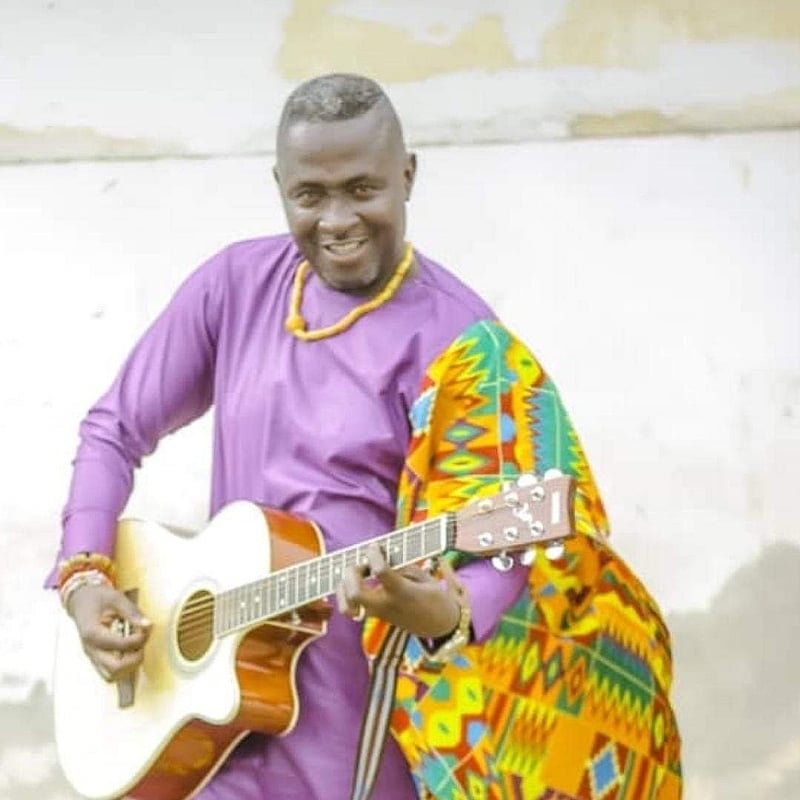Obiba Sly Collins, a prominent figure in Ghanaian highlife music, posits a compelling argument for Ghana’s claim as the birthplace of Afrobeat. He emphasizes that Afrobeat, a genre often associated with Nigeria, has its roots firmly planted in Ghanaian soil. Collins underscores the historical evolution of Afrobeat, tracing its origins to the fusion of West African musical traditions, Western jazz, and calypso by Ghanaian musicians. This unique blend, he argues, laid the foundation for what would later become known as Afrobeat. While acknowledging Fela Kuti’s pivotal role in popularizing the genre in the 1970s, Collins maintains that the Nigerian musician’s journey began with highlife, the precursor to Afrobeat, further strengthening his assertion of Ghana’s primacy in the genre’s development. Collins’s argument resonates with the historical context of West African music, emphasizing the fluidity and cross-pollination of musical ideas within the region. His extensive experience in the music industry, including his years living in Nigeria, gives weight to his perspective.
Collins extends his analysis to the contemporary Ghanaian music scene, drawing a connection between highlife and hiplife, a genre popular among Ghanaian youth. He suggests that hiplife itself is a derivative of highlife, highlighting the continued influence of this foundational genre. This observation underscores the enduring legacy of highlife in shaping successive generations of Ghanaian music. Moreover, Collins expresses concern over the declining popularity of highlife among the younger generation, attributing this trend to a lack of investment and support for the genre. He laments the tendency to abandon highlife in pursuit of other musical forms, questioning the rationale behind neglecting a genre so deeply intertwined with Ghanaian cultural identity.
A core tenet of Collins’s argument is the importance of preserving and promoting highlife as a unique cultural asset. He expresses dismay at the rebranding of highlife into other musical genres, viewing this as a dilution of its inherent value. He firmly believes that highlife, with its intrinsic beauty and artistic merit, deserves greater recognition both within Ghana and internationally. Collins advocates for a concerted effort to revitalize the genre, stressing the need for collective action to inspire a new generation of highlife musicians. He calls for a renewed appreciation of highlife’s historical significance and its potential to contribute to the growth of Ghana’s music industry.
Collins’s plea for the preservation of highlife extends beyond mere nostalgia. He sees it as a crucial step in safeguarding Ghana’s cultural heritage. He believes that by nurturing and promoting highlife, Ghana can solidify its position on the global music map. Furthermore, he emphasizes the importance of intergenerational dialogue and mentorship within the music community. He encourages young and upcoming artists to learn from the veteran highlife musicians, viewing this as essential for the genre’s continued evolution and global projection. His perspective underscores the importance of respecting and building upon the foundations laid by previous generations of musicians.
Collins’s own musical journey exemplifies his commitment to highlife. His career spans decades, during which he has consistently championed the genre through his music. His songs often carry messages of love, harmony, and unity, reflecting his deep-seated belief in the power of music to bring people together. His multilingual approach, translating his songs into various languages including Yoruba, Igbo, Twi, and English, demonstrates his desire to reach a wider audience and share the richness of Ghanaian music with the world. His extensive discography, featuring albums released over several years, showcases his dedication to his craft and his unwavering commitment to highlife. He has collaborated with numerous talented artists, both established and emerging, further demonstrating his passion for fostering musical talent and promoting highlife.
In conclusion, Obiba Sly Collins’s perspective on the origins and trajectory of Afrobeat and highlife offers a valuable insight into the complex tapestry of Ghanaian music. His argument for Ghana’s foundational role in the development of Afrobeat challenges conventional narratives and invites a re-examination of the genre’s history. His passionate advocacy for the preservation and promotion of highlife underscores the importance of cherishing and nurturing cultural heritage. His own musical journey, marked by a commitment to highlife and a desire to share its beauty with the world, serves as a testament to his unwavering belief in the genre’s enduring power and potential. His call for unity, mentorship, and a renewed appreciation for highlife resonates deeply, offering a roadmap for the future of Ghanaian music and its place on the global stage.


